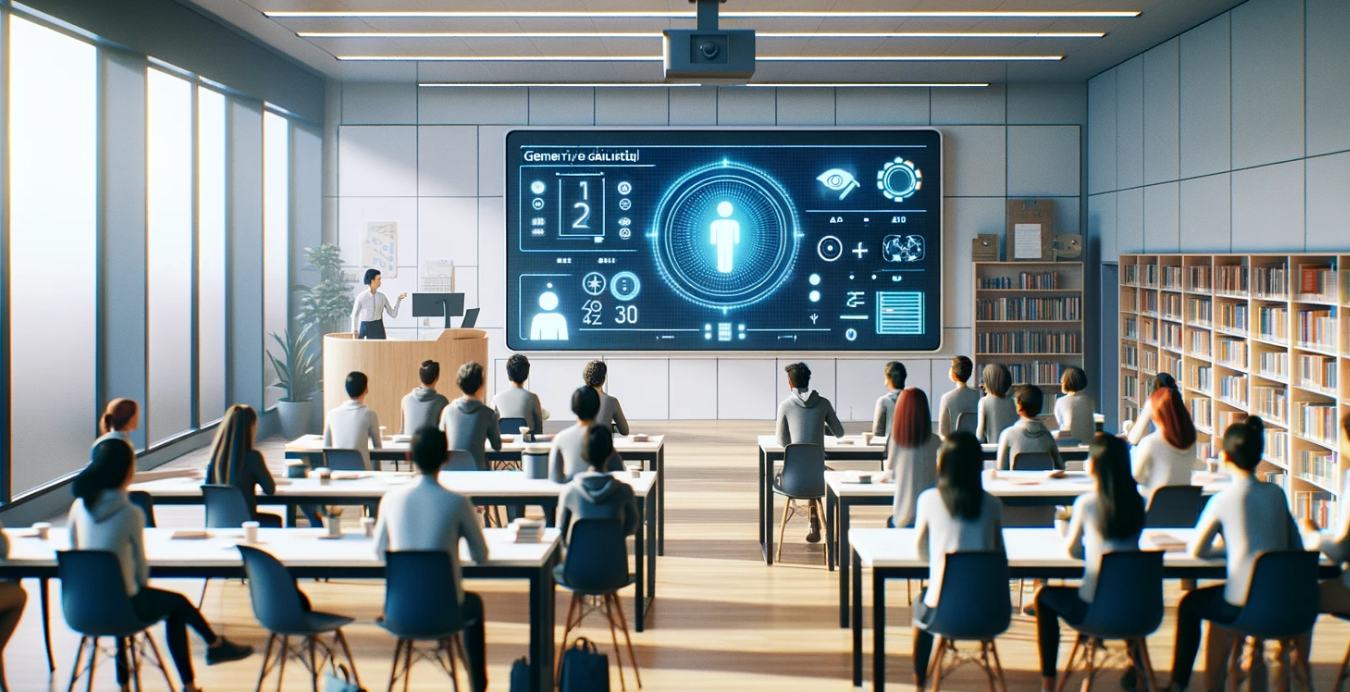In the ever-evolving landscape of education, the future holds a tapestry woven with threads of innovation, technology, and a redefined approach to learning. This blog embarks on a journey into the realm of future education, exploring the unique threads that will shape the educational landscape and redefine how we nurture the minds of tomorrow.
As we stand on the cusp of a new era, envisioning the future of education requires a departure from traditional norms. The classroom, once confined to four walls, expands its boundaries into a dynamic and interconnected space where learning transcends physical constraints.
Digital Realms and Virtual Horizons: The Expansion of Learning Spaces
The future of education sees the traditional classroom giving way to expansive digital realms and virtual horizons. Augmented and virtual reality technologies transport students to historical events, far-off places, and even microscopic worlds, providing immersive experiences that go beyond the limitations of textbooks. The digital space becomes a canvas for interactive learning, where students actively engage with the material, fostering a deeper understanding of complex concepts.
Personalized Learning Pathways: Nurturing Individual Talents
One of the defining features of future education is the emphasis on personalized learning pathways. Artificial Intelligence algorithms analyze each student's unique learning style, strengths, and weaknesses to tailor educational experiences that resonate with individual needs. This shift from a one-size-fits-all approach enables students to progress at their own pace, fostering a love for learning and nurturing individual talents.
Collaborative Learning Ecosystems: Connecting Minds Across Borders
The future classroom extends beyond the physical boundaries of a school. Collaborative learning ecosystems leverage technology to connect students, educators, and experts worldwide. Virtual classrooms, online forums, and collaborative projects transcend geographical constraints, fostering a global perspective and preparing students for a connected world where collaboration is key.
Skill-Centric Education: Preparing for the Jobs of Tomorrow
In the future, education pivots towards a skill-centric approach, aligning with the demands of a rapidly changing job market. The focus shifts from rote memorization to the development of critical thinking, problem-solving, creativity, and adaptability. Project-based learning and real-world applications become integral components of the curriculum, equipping students with the skills needed for the jobs of tomorrow.
Continuous Learning Journeys: Lifelong Learning in Focus
Education in the future transcends the traditional notion of a finite learning period. Lifelong learning takes center stage, with individuals engaging in continuous learning journeys throughout their lives. Technology facilitates access to a plethora of online courses, workshops, and resources, allowing individuals to upskill, reskill, and stay abreast of evolving industries and technologies.
Ethical Tech Integration: Navigating the Intersection of Ethics and Innovation
As technology becomes deeply embedded in education, ethical considerations take precedence. Striking a balance between innovation and ethics is crucial. Transparent data practices, digital privacy safeguards, and responsible use of AI ensure that the integration of technology in education is guided by ethical principles.
Conclusion: Unveiling the Educational Renaissance
In conclusion, the future of education unfolds as an educational renaissance, where innovation and technology converge to create a dynamic and personalized learning experience. The classroom transforms into a global, interconnected space that nurtures individual talents, fosters collaboration, and prepares students not just for exams but for the complexities of life. As we step into this future, the possibilities are boundless, and the journey promises to shape generations of lifelong learners ready to navigate the challenges and opportunities of the world that lies ahead.


